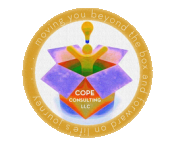When you squeeze the heart, it offers a reminder that compassionate love and understanding for yourself conquers fear. Fear of change and fear of failure often holds us back from changing systems that aren't working for us. Squeezing the purple heart helps us to quiet down the voices of our worries so we can notice the new door that is opening for us. As we gain the courage to walk through, we see the possibilities that await us. It is at that moment where love conquers fear! We know that we are not alone because change is coming from a place of love and we can trust that we will meet people along the way that will support us through this time. Together, we can make what seems impossible, possible!
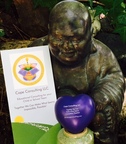
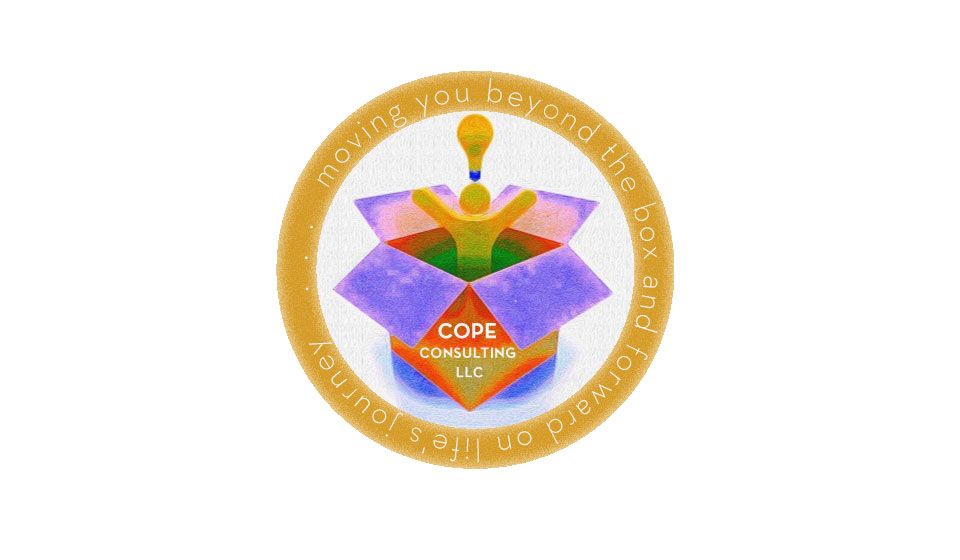
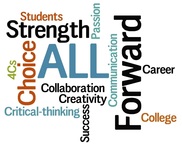
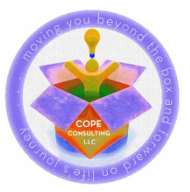
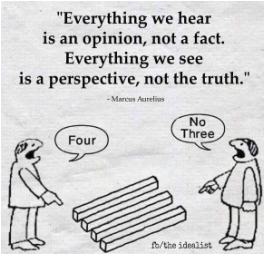
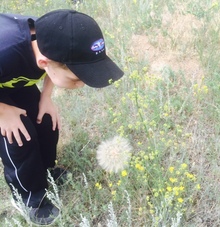
 RSS Feed
RSS Feed

